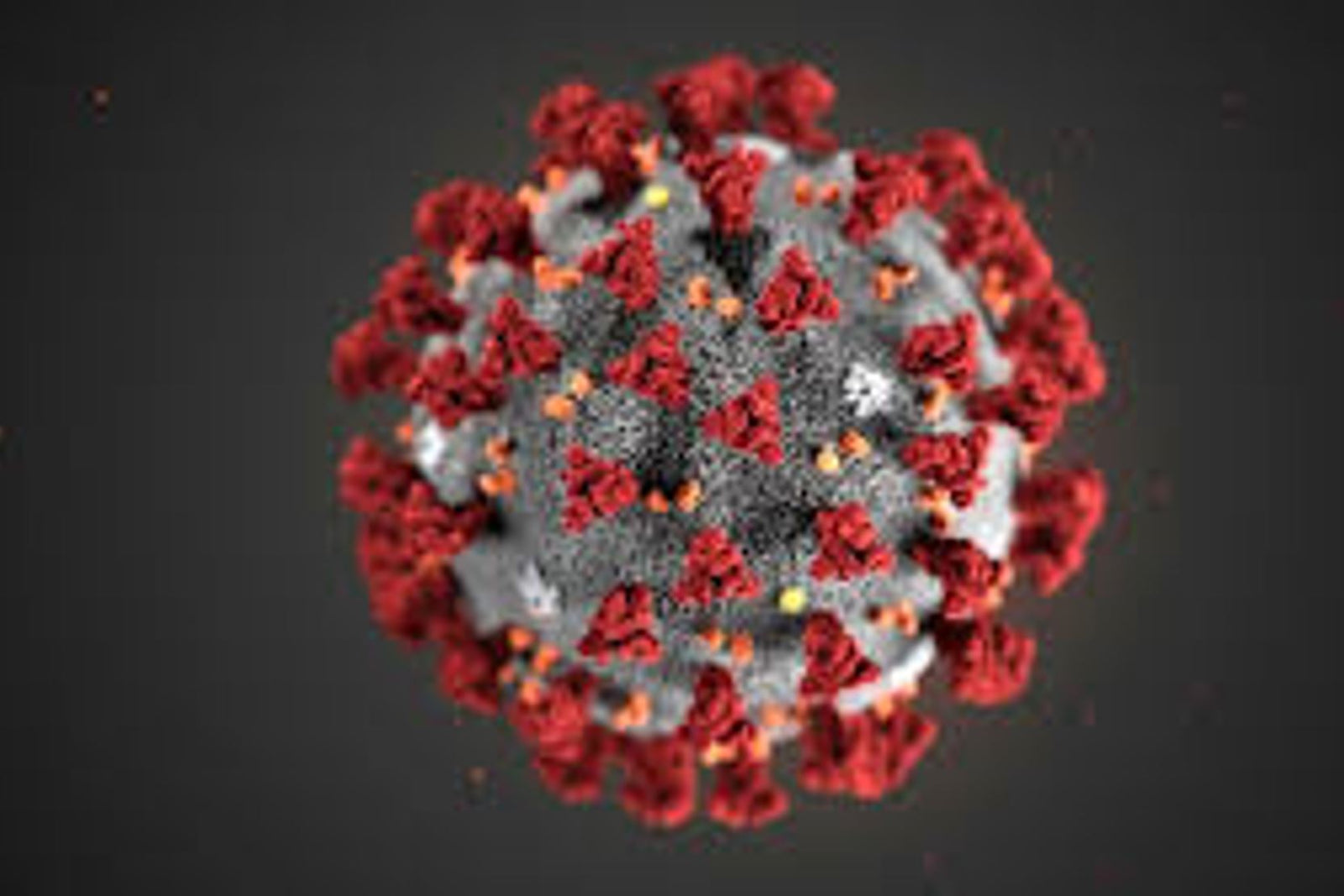Your Cart is Empty
Flat Shipping Fee of just $7.90 within USA

No need to worry about your four-legged friends – the World Health Organization (WHO) has announced that pets cannot pass on the new Coronavirus COVID-19. So, dogs in quarantine can safely be released.

Coronaviruses have appeared in pets for many years. However, what is important is that there is difference between the Coronaviruses found in pets and humans. For animals, there is also not just one type of Coronavirus, but several different strains. Generally, these cannot be passed on from one species to another and also not on to humans.
Nevertheless, the usual hygiene rules should be followed when handling pets. People with illnesses or with weak immune systems should avoid “mouth to snout” contact. Washing your hands after contact with pets is always sensible.

In the news headlines, word about a dog that tested positive for SARS-CoV-2 made many dog owners weary: Is this virus dangerous for pets? Here are the most important questions and answers on the topic “Coronavirus and pets”.
At the moment, there is no evidence of this. However, at the end of February, a dog in Hong Kong was tested “weak positive” for SARS-CoV-2. But there are some indications that he was not infected by the Coronavirus.
First of all, the dog lived in the household of a dog friend who had Covid-19. The virus could have adhered superficially to the dog without infecting him. The virus can be caused by close contact such as hugs or petting. The “weak positive” results can also result from the environment. The dog may have received viruses through contact from saliva containing the virus to his snout or on the surface of the body.
Secondly, virologists consider it very unlikely that a virus will first spread to humans in such a short time and then to another species, for example by adapting to dogs. To do this, the virus should then be able to multiply in the dog after contact and infection. So far, there is no evidence that this is the case.
Viruses are able to change their surface structure, which is important for an infection, sometimes more quickly and sometimes less. Therefore, infections from humans to animals or from animals to humans cannot be completely ruled out. To date, it is not exactly clear how the SARS-CoV-2 was transmitted. And, there is no evidence that dogs or cats can become infected with the new Coronavirus.
Transmission by an animal as an intermediate carrier is possible. For example, when two people pet the same animal and then touch their own mucous membranes. In this rare case, the animal would theoretically be the same as a door handle that two people touch.
Jumping to conclusions only stirs up unnecessary worries, but this is unfortunately at the moment not too uncommon. Due to sensational news reporting, there is a race for the latest information. As a result, hasty or unreliable news reports about SARS-CoV-2 and the virus-induced disease Covid-19 reach the public, even from scientific sources. This is also shown by scientific articles that were withdrawn by the authors shortly after their publication. It remains to be seen which new knowledge will emerge and when.
Yes, for many years and without being a danger to people. After all, the family of Coronaviruses is quite large. Coronaviruses are a much more common topic in veterinary medicine than in human medicine. They can infect many domestic animals and livestock. It is important to distinguish domestic Coronaviruses from human pathogens. In animals too, there is not only "the one Coronavirus", but many different strains. These virus strains concentrate on individual species and are usually not transferable from one species to another: They are host-specific. A well-known example is the feared FIP among cat owners, which can be triggered by Coronaviruses. Cats cannot infect people with it. Dogs suffering from Coronaviruses and the resulting bowel problems pose no danger to humans.
Regardless of SARS-CoV-2, the mentioned usual hygiene rules for handling pets still apply. In particular, when immune deficient or sick people handle animals, adequate hand hygiene and the avoidance of "mouth to snout" contact should be observed. Since there is no evidence of the new Coronavirus in pets, there are no more stringent hygiene regulations. Plus, as always washing your hands after close contact with pets makes sense.
As it stands as the moment, no. There is no case of a pet infected with SARS-CoV-2 known. The dog currently in quarantine in Hong Kong could have picked up the virus superficially through contact with his sick owner. Diseases caused by other Coronaviruses are also not transferable from human to animal and vice versa.
By BOLLI LLC I April 5, 2020 I www.bolli.dog I Follow @bolli.dog